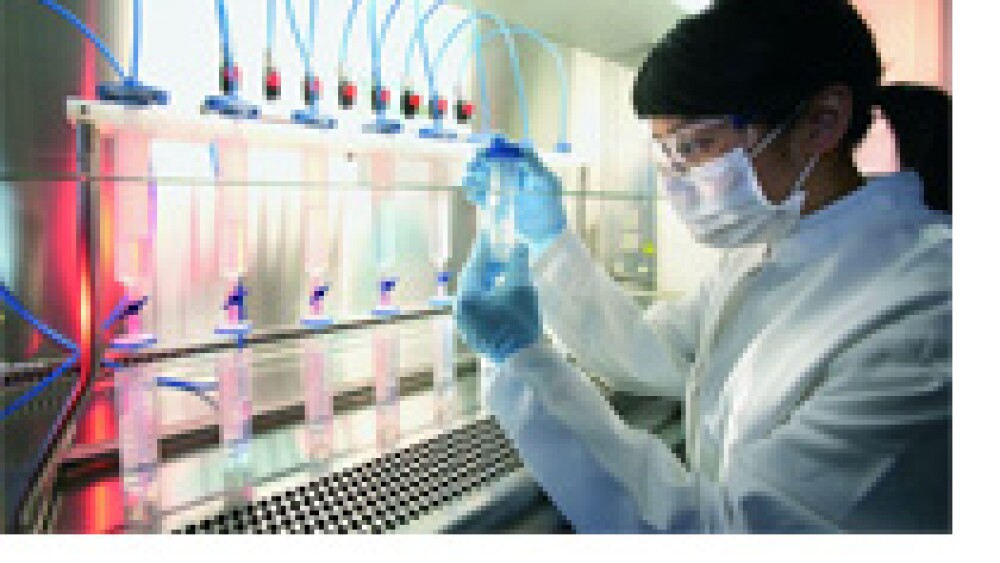November 21, 2016
By Mark Terry, BioSpace.com Breaking News Staff
Google ’s life sciences spinoff, Verily Life Sciences, may be finding that “moon shots” are more difficult to accomplish than to announce.
The first of Google’s companies to stand alone under its new Alphabet umbrella, Verily has a broad ambition that isn’t completely clear to investors and outsiders, but seems to focus on merging big data and healthcare. Two of its announced projects are the development of a contact lens that can monitor a diabetic’s blood glucose level and another contact lens that automatically focuses for individuals with far-sightedness.
The auto-focus lens is under development with Novartis ’s Alcon eye care unit. Last year, Novartis chief executive officer, Joe Jiminez, said he expected the lens would begin clinical trials this year. Today, however, the company has indicated it has abandoned the 2016 goal, although Jiminez says that the project is “progressing steadily.”
Alcon has been struggling in general. The new head, Mike Ball, has been assigned the difficult job of stopping the company’s revenue decline, potentially before a sale of the business unit.
“Advancing innovation such as the smart lens technology,” a company spokeswoman told Reuters, “is a key part of Alcon’s growth strategy.”
The company has also declined to indicate when human trials of the blood sugar-level contact lens might start, if ever. Novartis has said the missed goals are because the lenses are a “very technical complex process,” and that Verily and Alcon are “learning as we go along.”
Engadget wrote today, “That’s not totally surprising. Both lenses were considered long-term bets on the future of health care, and there was no guarantee that they’d be ready all that quickly. The question is whether the hurdles are relatively modest, or if these smart contact lenses are still years away from reaching your eyes.”
Although most observers are conservative with their skepticism over Google and Verily’s ambitions, many experts on diabetes are much more skeptical. John Smith, a former executive with Johnson & Johnson and an expert on noninvasive glucose technologies, told STAT earlier in the year that researchers have tried to measure glucose from sweat, saliva and tears for decades without success. None of those fluids, he indicated, could produce blood sugar readings that matched up with blood-glucose levels. He referred to the contact lens efforts as “faith-based science.”
It’s not clear if Verily Life Sciences’ reach exceeds its grasp. Google tends to go heavy on the hyperbole while remaining secretive about details of its projects. STAT reported this summer on how three of the company’s programs appeared to be hitting critical failures. One was a Star Trek-like “Tricorder” diagnostic device, which former employers say was a failure.
David Walt, a Tufts University professor of chemistry and expert on nanoscience, who met with Verily scientists and engineers told STAT the device was “in the realm of not only science fiction, but beyond that— science fantasy. And I’m not sure it will ever be science reality.”
The glucose-sensing contact lens is another project that may be facing impossible hurdles. And another project that reportedly is facing problems is its “Baseline” study of human health.
There have also been reports that the company is facing internal turmoil, possibly because of its leader, Andrew Conrad. People who’ve left the company or returned to the mother ship, Google, include Diane Tang, a “Google fellow,” a rare and coveted position; Kobust Jooste, one of Verily’s first employees; Michael Pearson, a top manager; and Karl Townsend, a leading engineer.





